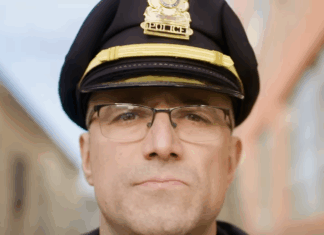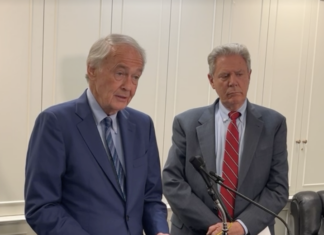By Aram Arkun
Mirror-Spectator Staff
BOSTON — While former Massachusetts governor Michael S. Dukakis teaches at two universities, he continues to be involved in politics and passionate about the future of the United States and the world.
The longest serving governor of Massachusetts (1975-1979, 1983-1991), and the second Greek-American governor in US history, Dukakis was the 1988 Democratic presidential nominee.
American foreign policy, Dukakis feels, is stuck in what he calls “the Cold War time warp.” Why, he wonders, does Secretary of Defense Ashton Carter say that Russia is the greatest threat to American security? During a visit to Greece this summer, Dukakis said he was struck with the maturity of Greek foreign policy, while in comparison, the US, he said, “is kind of hysterical.”
Dukakis finds that the US relationship with Russia and China are two of the most important relationships this country has. Among other things, he noted, we need them to deal with the “crazy guy” who rules North Korea, as well as to come to a peace settlement in Syria.







